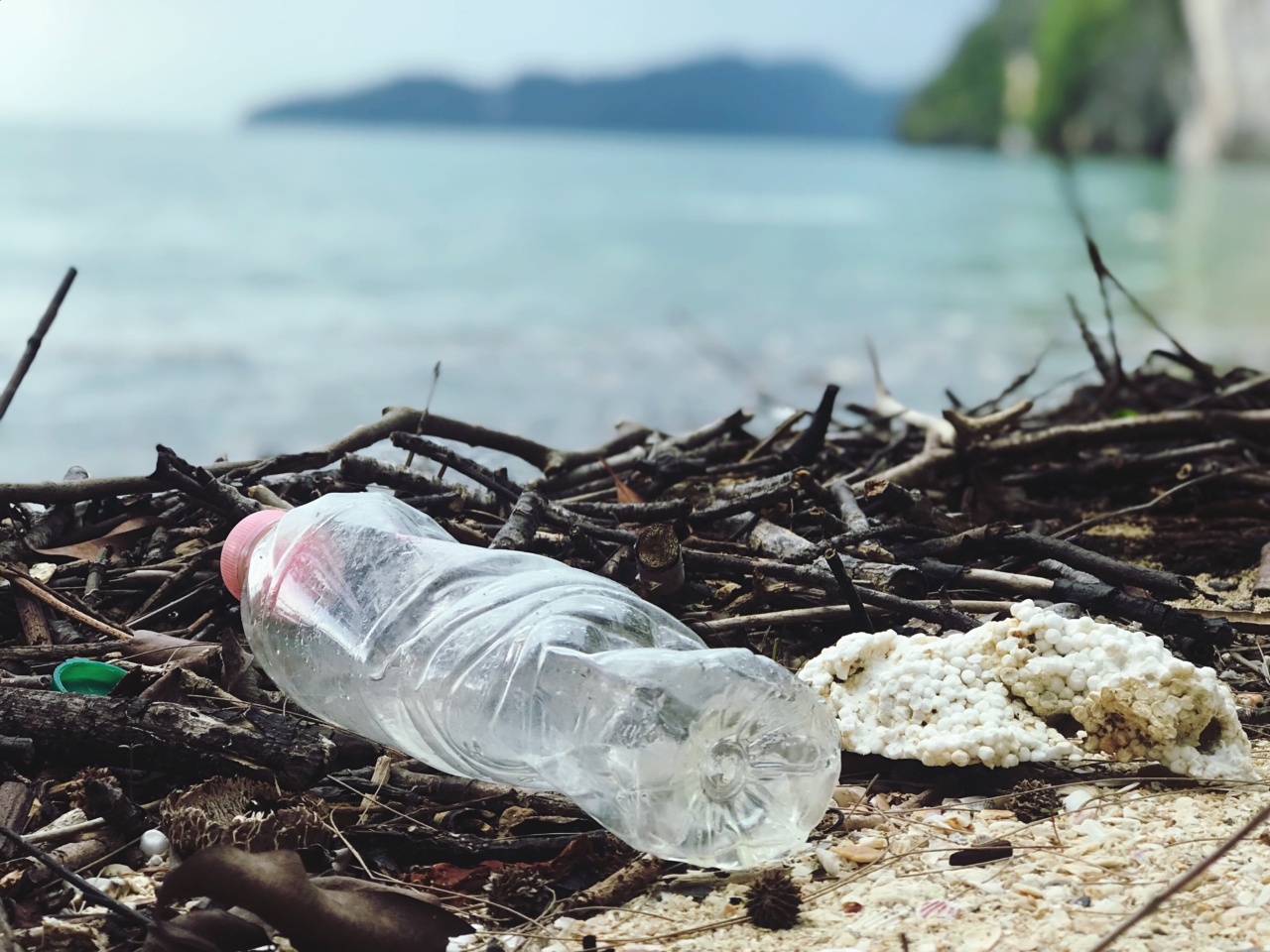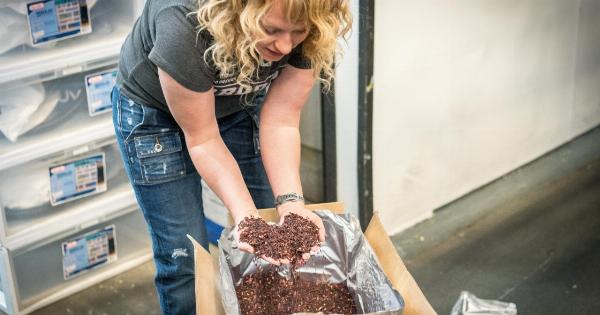Waste pollution is an alarming issue worldwide as it has a significant impact on the environment, human health, and animal health.
The issue of waste pollution is not only limited to developing countries but is also a major problem in developed countries. In recent years, researchers have found a direct correlation between waste pollution and cancer development.
In this article, we will explore the connection between waste pollution and cancer development and its adverse effects on the environment and human health.
Types of Waste Pollution
Waste pollution can be categorized into various types, including plastic pollution, electronic waste, radioactive waste, industrial waste, medical waste, and household waste.
Each type of waste has its unique characteristics and can have varying degrees of impact on human health and the environment.
Waste Pollution and Cancer Development
Waste pollution is a significant contributing factor to cancer development. Many types of waste contain carcinogenic substances, which can cause cancer if they come into contact with living cells.
For instance, industrial waste contains heavy metals such as mercury, cadmium, and lead, which are carcinogenic substances. Electronic waste also contains toxic substances such as lead, arsenic, and mercury. These substances can leach into the soil and groundwater, causing long-term damage to the environment and human health.
Research has shown that people who live in areas with high levels of waste pollution have a higher risk of developing different types of cancer, including lung cancer, breast cancer, and liver cancer.
The toxic substances in waste can enter the body through food, water, and air, leading to DNA damage and the development of cancer cells.
Effects of Waste Pollution on Human Health
Waste pollution has numerous adverse effects on human health. Exposure to toxic substances in waste can lead to respiratory problems, skin irritation, and damage to the nervous system.
The chemicals in waste can also interfere with the endocrine system, leading to hormone imbalances and reproductive problems. Exposure to waste pollution can also weaken the immune system, making people more susceptible to infections and diseases.
Children are particularly vulnerable to the harmful effects of waste pollution.
Studies have shown that children who live in areas with high levels of waste pollution have increased rates of birth defects, developmental delays, and chronic diseases like asthma.
Effects of Waste Pollution on the Environment
Waste pollution not only affects human health but also has adverse effects on the environment. The toxic substances in waste can contaminate water bodies, making them unsuitable for drinking or irrigation.
Waste pollution can also lead to soil degradation, loss of biodiversity, and climate change.
Plastic pollution, in particular, is a major environmental issue worldwide.
Plastics can take hundreds of years to degrade, and during that time, they release harmful chemicals into the environment, leading to the destruction of natural habitats and killing wildlife.
Preventing Waste Pollution
Preventing waste pollution is crucial to protect the environment and human health. Governments, industries, and individuals can take steps to reduce waste pollution. Some of the measures that can be adopted include:.
- Implementing strict regulations on waste disposal
- Encouraging the use of renewable energy sources
- Encouraging recycling and the use of biodegradable products
- Reducing food waste by practicing sustainable farming and reducing food packaging
- Encouraging the use of public transportation and carpooling to reduce air pollution
Conclusion
Waste pollution is a significant environmental and health issue worldwide. The toxic substances in waste can lead to cancer development, respiratory problems, skin irritation, developmental delays, and environmental degradation.
To protect the environment and human health, it is crucial to adopt measures to reduce waste pollution. Governments, industries, and individuals must work together to find solutions to this pressing issue.





























